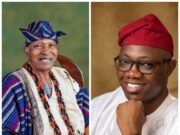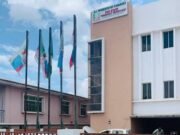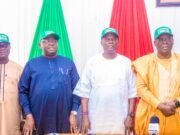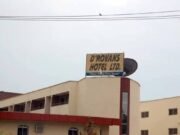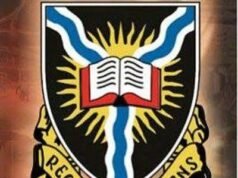My first experience with a third force as a political platform was during the 2011 gubernatorial election in Oyo State.
A former governor of the state, Senator Rasheed Ladoja, contested on the platform of the Accord Party after being forced out of the PDP. The party had a cult-like followership in Ibadan and adjoining cities, but it was met with skepticism by politically-literate electorates from other major cities in Oyo State.
After the election, the Accord Party came third behind the two major parties—APC and PDP. Notably, the party won a handful of House of Assembly and House of Representatives seats but failed to secure any senatorial seat, confirming its limited spread and the skepticism among politically conscious electorates.
On the national political stage, when the Peoples Democratic Party (PDP) dominated the Nigerian political landscape, opposition parties—namely the Action Congress, All Peoples Party (APP), Congress for Progressive Change (CPC), and other fringe parties—performed abysmally during general elections. They only managed to win in a few states and lacked the national spread required to be considered serious opposition. It wasn’t until 2014, when a strong coalition was formed, that they were able to end the PDP’s 16-year uninterrupted rule.
In the 2023 election cycle, Peter Obi, through the Obidient movement, made a strong showing under the Labour Party. He came a close third behind the PDP, garnering over six million votes and securing a handful of Senate and House of Representatives seats, mainly in the southern part of the country.
A striking reality in the modest success of these third-force platforms is the quick turnaround of their beneficiaries once elected. They often abandon the ideas and ideologies of the platforms that facilitated their emergence.
For example, Accord Party representatives in the Oyo State House of Assembly (2012–2015) remained silent in the face of the state government’s refusal to conduct local government elections. Many of them later decamped to the ruling party. More recently, Peter Obi urged Labour Party representatives in the National Assembly to oppose the proposed state of emergency in Rivers State, but these members ignored his call. Not a single voice was raised from their camp during the debate.
In summary, for the opposition to have a strong and effective voice in Nigerian politics, there must be one unified and credible opposition party.
Electorates are continually shortchanged when they waste votes on so-called “third forces” that ultimately empower opportunists—individuals who use these platforms to get elected only to abandon their ideals once they enter the National or State Assembly. Instead of holding the ruling party accountable, they chase personal gain.
A notable example is the okada rider from Kaduna State who got elected to the House of Representatives in 2023, only to defect to the ruling party in less than two years.
As Nigeria approaches the 2027 elections, electorates must be mindful of where they cast their votes. They should demand accountability from a strong opposition party and play their part in deepening democracy by ensuring their voices are heard through informed voting.
Abiola Okeyode hails from Lalupon town of Lagelu local government of Oyo State.



